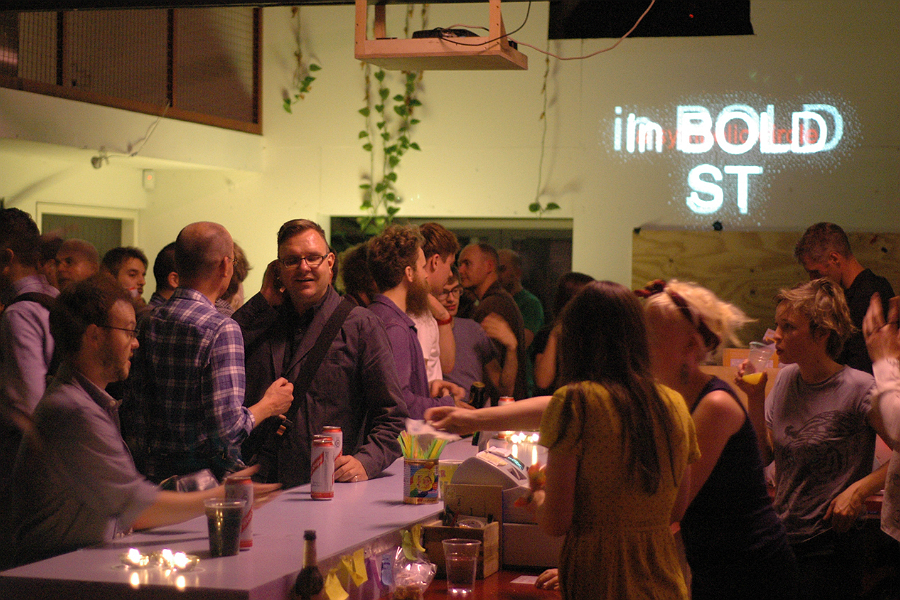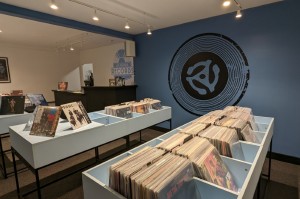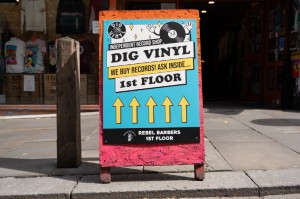Capital of Culture? Ask Static Gallery

We consider the aftermath as another live music venue bites the dust…
Back in February, Jon Davies wrote a piece in these pages about a Noise Debate held at Static Gallery. The debate was triggered by the recent Noise Abatement Notice served on the venue, and raised questions around the various arguments at stake. JD called it “one of the most important events for Liverpool’s music scene for a long time.” When editing the piece, I considered this sentence for a not insignificant period. Was it really that important, I wondered? How wrong can one editor be?
The central beef from the residents and their representative, Councillor Steve Munby, was that there was little to no chance for the general public to enter into discussion with venues and bars about the level of noise produced, both early in the week as well as at traditional times of merriment, i.e. the weekend.
On that basis, you wondered why Static had been the place to suffer, in that the gigs it hosts are relatively irregular and tend to be over and done with at a reasonable hour. Either way, this is all now moot, the council having got their way, with Static announcing today: “Due to Liverpool City Council’s recent Noise Abatement Notice and further restrictive conditions imposed on the 1st March 2012, Static has ceased all live music events at the venue.”
This seems a typical lack of foresight on the part of the council. Though hardly renowned for their support of the creative sectors in the city, there does seem to have been an added level of obtuseness at play here. Static has emerged over the years as a much loved (and utilised) multi-disciplinary venue, catering to arts and music, and providing a forum for symposia and debate. Needless to say this has brought people and pounds to an area of the city in need of just such an injection. At this point the longer-term damage of those decisions can only be guessed at, but allow us our conjecture.
The impact of the council’s decision is multifaceted. It’s been well-documented that these are chastening times for arts establishments, many of which in the city are literally hanging on by the skin of their teeth. But for somewhere like Static, which relies on various income streams – ironically put into place with the wisdom, no doubt, that those streams together would provide a sustainable business model – this announcement has potentially far-reaching consequences.
The immediate aftermath, and importantly, the loss of potential revenue, will surely have a knock-on effect. The bar staff, certainly (who tend only to get hours on gig nights), will feel this acutely. You may ask, ‘well, if it was only a few hours every now and then, how will that hurt?’; but much of these people supplement their already relatively small incomes from the arts – many play in bands, for example – with just those hours. One being Emily Lansley, of The Faves and Stealing Sheep. ”There is a group of us who will now lose our jobs or receive less work, which is particularly bad at this time, especially for some who will actually lose their regular incomes. It’d be a real shame to lose such a good venue that supports the local arts scene and the people who work there…I love static.”
Understandably, feelings are running high tonight. Implications will be two-fold for Penny Whitehead, based at Static as an artist and writer but also tending bar, crystallises the point perfectly: “Thanks a lot Liverpool City Council. Anyone hears of any other totally sweet jobs going at independent art/music spaces, let me know. No? Thought not.”
And like ripples on the surface, the effects don’t stop there. On a practical level, promoters will have to arrange alternative venues, and presumably in some cases may have to consider cancelling gigs booked months ago. If this sounds extreme, think for a moment about the recent closures of various alternative venues available to host live music, and then try and plot a course through the very real possibility of calling round places, only to find they already have acts booked for those dates.
Another factor that can’t be ignored is those who call Static home; artists, designers, small businesses and bands all rent and hire space there. With the best will in the world, an obvious way to recoup the deficit brought about will be through increased rents. Should founder and director of Static, architect Paul Sullivan, resist that temptation, this leaves an organisation that has added to the fabric of Liverpool for the best part of the last two decades with, at best, a bit of rethinking to do.
Any lovers of art and music presented in such a dedicated and welcoming space should have an opinion on this extraordinary turn of events, and the question we should all ask, as we scratch our heads, is why? Most damning is where this leaves any lingering thoughts of legacy post Capital of Culture.
Image courtesy Thom Isom





